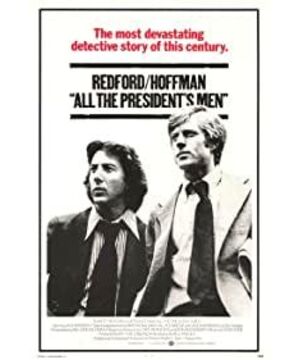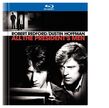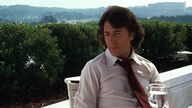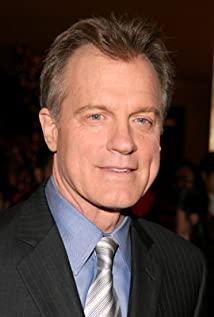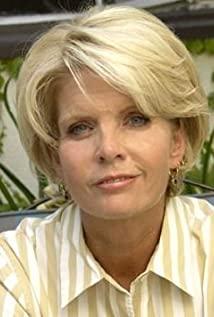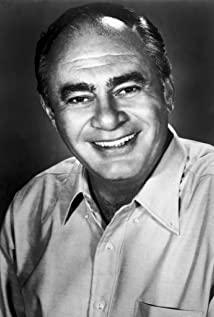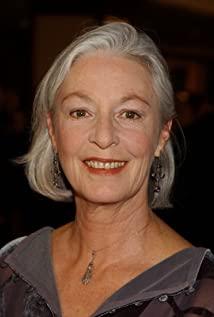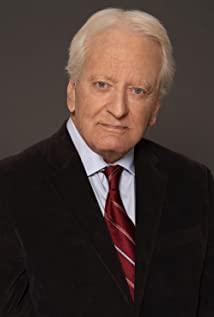If the memory is still correct, whether it is the hand that is firmly raised or the hand that is raised after looking around the situation, it is decreasing year by year at a terrible rate. What’s more tragic is that this year I finally became a member of the army who didn’t dare to look directly at the questioner and finally decided to hide my hands under the table-but I swear I can also answer "Whoever doesn’t want to be a reporter in the future." Do the same thing when?"
Yes, before I knew it, I became a true fencer. And feel ashamed of it.
It is true that in the past two years (or strictly speaking a year) as a journalist, there have always been too many times when reality does not match the theory/ideal. When this happens, I start to doubt, and when I doubt it, I start to waver. , After shaking for a long time, we must give up. There is no freedom of the press in China. This is probably the most commonly used expression by journalists who give up halfway to explain why they have given up the so-called "journalism ideal". To be honest, it is really awesome. It is so powerful that it can hide countless real reasons, such as the reporter's lack of status, such as the reporter's thanklessness, such as the reporter's no money, and the reporter's instability. Of course, none of the above is as loud as the "freedom of the press" based on force majeure. It seems to be a lingering rhyme with deep regret and helplessness.
Is the so-called freedom of the press a wrong attribution? Just look at this big-sounding cover, I dare not say that I want to be a reporter.
The era in which the story of "Presidential Team" took place, when the Washington Post reporters Carl Bernstein and Bob Woodward revealed the Watergate incident in the 1970s has always been regarded as an irreplaceable glorious time in the history of journalism. In the first journalism theory and technique class (TT) of this semester, Mark said that it will be mentioned in all journalism classes because it is the best footnote to the freedom of the press in the United States, and it also strengthens students’ confidence in employment. The strongest acupuncture needle. After the Watergate incident, the "Washington Post" ad slogan was once: This is a newspaper that can help the vice president find a job. I can't pull the wind anymore.
When in the film Ben Bradlee said to Bernstein and Woodward in the yard the day before the report was published: "Nothing's riding on this, except the First Amendment of Constitution, freedom of the press, and maybe the future of the country. On top of this, in addition to the First Amendment to the U.S. Constitution, which guarantees freedom of the press, it may also guarantee the future of the United States.) "Its ability to make a blood pulse is as good as hearing Henry Fonda in "Twelve Angry Men". (Not the original words) The most sacred article of the American judicial system is that once the jury fails to reach a consensus, a person cannot be sentenced to death, which is why the United States is so powerful.
However, the First Amendment to the U.S. Constitution still exists today, but there has been no report of equal weight that can shake all president'e men after Watergate—not to mention the zipper door. After 9/11, although the U.S. government did not set up a news media monitoring department to censor news reports like we did in the celestial dynasty, but in a more subtle way, they implanted the reports they want to see into the minds of the media and finally let them put aside their acrimoniousness. Pen and camera. Last week, Kenneth Howe, the senior financial editor of the South China Morning Post, came to serve as a guest lecturer for TT. He told a story in the San Francisco Chronicle that he exposed a bank executive who was short of public funds. I was surprised to find that the process he described how to confirm the source of information and how to ensure that he is not harmed by the possible consequences of the report is the same as the way Bernstein finally confirmed the Watergate report in "Presidential Team": in various subjunctive voices. Ask a professional for help, and then use the tricky method of "If I say something wrong, interrupt me within N seconds" to verify it. Of course, Kenneth’s expectation of reporting on the street is not at all like Bernstein’s eagerness in the movie. I even faintly feel that Kenneth’s joy comes from the protection of his own safety after receiving the metaphorical affirmative answer, but Bernstein is derived from it. The pleasure of being an investigative reporter revealing a shocking secret. Indeed, Kenneth later said that when writing this type of report, the editor is not your best friend, because they will always use high-sounding reasons to push you and report out in order to pursue sales and social response, but in the end, in case it gets offended Trouble is not their business, so at this time the reporter needs to weigh the pros and cons by himself, whether it is a push or a pull.
In addition, movies always deal with characters and events artistically. For example, from the perspective of journalists, I don’t think Bernstein and Woodward report themselves in strict accordance with the rules of journalists in every investigation and interview. The family can still get the full support of the interviewee. The true psychological reaction of the two BWs has long been unknown, but one thing is that even under a complete system, there may still be unpredictable undercurrents that are not protected, so the individual is still choosing whether to do it or not. Do.
So why do it?
George Orwell mentioned in "Why Should I Write" that journalists are motivated by a strong sense of vanity and self-centeredness. It's acrimonious, but it's not wrong-Kenneth also said that almost all outstanding journalists are committed to work with an unrealistic desire to save the world. Think about it carefully, the original idea of using the power of words and language from the natural disasters to educate the public, punish evil and promote good, is not the hopeless spirit of heroism but what it is. Of course, you should never know that "hero" is not a realistic term. The lack of reality is not because they don't have the possibility and value of existence, but they won't survive so easily with edges and corners—you did a good job, but tens of thousands of people are holding a cross and shaking their wish to nail you and burn.
Yesterday I looked through the old mail records and found out that two years ago, I actually babbled my "news ideals" to strangers. The enthusiasm was so intense that it would burn my increasingly cold eyes today. At that time, I was so firmly convinced that even if the climate is not optimistic, but "forever patience, never come out, the world will remain unchanged, will only let more crimes bury love."
So, do it or not?
Maybe you still need to think of your initial ambitions, I hope you can always "deserve to face it, and set off with a passionate body."
View more about All the President's Men reviews


